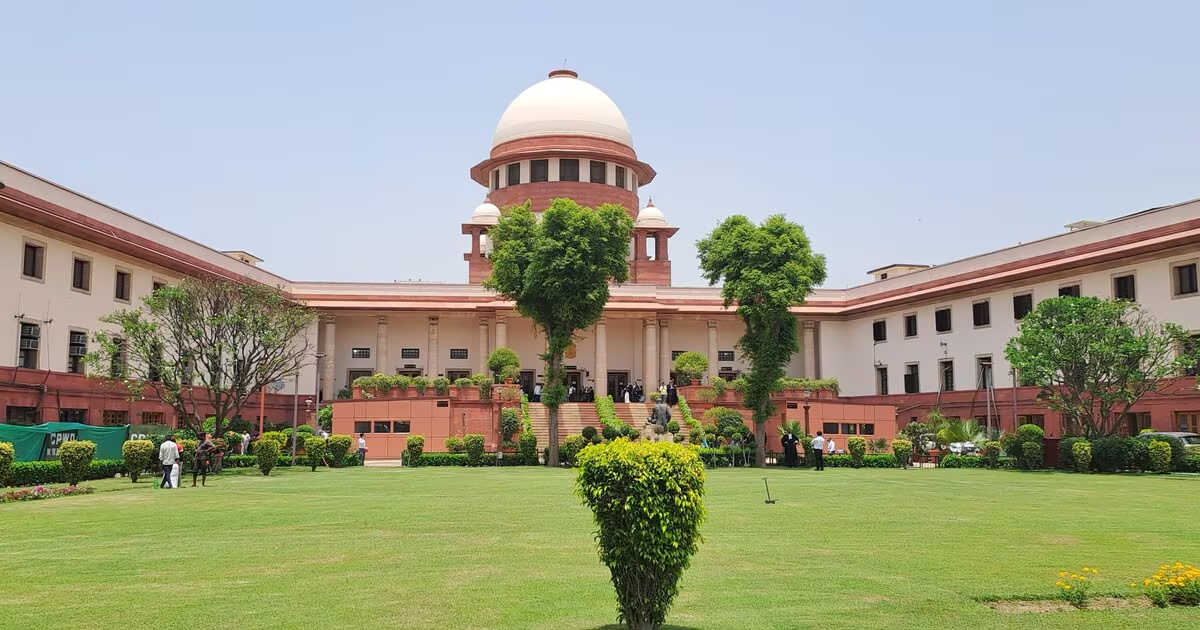
The Supreme Court of India is poised to address a series of petitions challenging the retrospective imposition of a 28% Goods and Services Tax (GST) on online gaming platforms, with hearings scheduled to commence on May 5, 2025. This development marks a significant juncture for the online gaming industry, which has been grappling with substantial tax demands and seeking judicial clarity on the matter.
Background of the Case
The controversy centers around the government’s decision to levy a 28% GST on the full face value of bets placed on online gaming platforms. This move has been met with resistance from gaming companies, which argue that the tax should be applied only to the gross gaming revenue (GGR) or platform fees, rather than the total amount wagered by players. The distinction is crucial, as taxing the full face value significantly increases the tax burden on these companies.
In response to the government’s stance, numerous online gaming firms and casinos have filed petitions contesting the retrospective application of this tax. They contend that such a levy could have devastating financial implications, potentially rendering their business models unsustainable. The cumulative tax demands across the industry are reported to be in the vicinity of ₹1.5 lakh crore, underscoring the high stakes involved.
Supreme Court’s Involvement
Recognizing the widespread impact and the need for a uniform legal interpretation, the Supreme Court has consolidated approximately 27 petitions from various High Courts into a single hearing. This consolidation aims to prevent disparate rulings and ensure a cohesive judicial approach to the issue. The decision to centralize these cases reflects the Court’s acknowledgment of the matter’s significance and its potential ramifications on the industry and taxation policies.
Government’s Perspective
The government’s position, articulated by Revenue Secretary Sanjay Malhotra, maintains that the 28% GST rate on online gaming, casinos, and horse racing has always been intended to apply to the full face value of bets. According to Malhotra, recent amendments are merely clarificatory and do not introduce new tax liabilities retrospectively. This interpretation suggests that the government views the tax as a longstanding obligation, rather than a new imposition.
Industry’s Counterarguments
On the other hand, representatives from the online gaming sector argue that the retrospective application of the 28% GST is both unfair and detrimental to their operations. They emphasize that many games offered are skill-based, distinguishing them from gambling activities, and thus warrant different tax considerations. The industry has been advocating for the tax to be calculated on gross gaming revenue (GGR) rather than the face value of bets.
Legal Proceedings and Interim Relief
In January 2025, the Supreme Court granted interim relief by staying the GST proceedings against 49 online gaming companies, providing them a reprieve from immediate coercive actions. This decision was seen as a significant relief for the industry, allowing companies to continue operations without the looming threat of substantial tax recoveries. The Court scheduled the final hearing for March 18, 2025, to address the core issues at hand.
Implications of the Upcoming Hearing
The hearings set to begin on May 5, 2025, are anticipated to have far-reaching implications for the online gaming industry and the broader digital economy in India. A ruling in favor of the government could validate the substantial tax demands and set a precedent for taxing digital services. Conversely, a decision favoring the gaming companies might necessitate a reevaluation of the current taxation framework and potentially lead to policy reforms.














Leave a comment